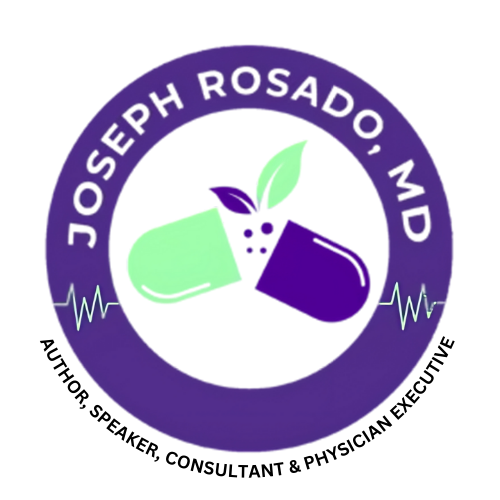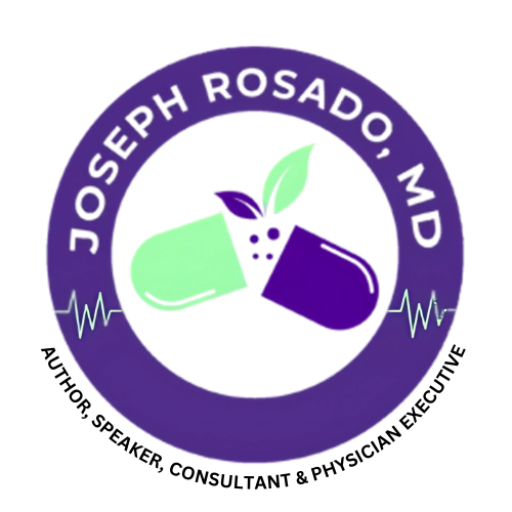When Life Feels Too Heavy: Adjustment Disorder or Depression?

Everyone hits a rough patch now and then.
But what happens when that “rough patch” doesn’t lift? When the sadness lingers, the energy disappears, and even getting through the day feels like a mountain?
Many of my patients come to me asking the same thing:
“Am I just reacting to stress, or am I clinically depressed?”
The truth is, there’s a real—and very important—difference between adjustment disorder and depression. Understanding which one you’re dealing with can mean the difference between spinning your wheels and finally finding the right path forward.
Let’s unpack both conditions, side by side, and explore how to recognize what your mind and body are really trying to tell you.
What Is Adjustment Disorder?

Adjustment disorder is a stress-related mental health condition that develops in response to a major life change or emotional event. Think of it as your brain saying, “This is too much, too fast.”
Triggers might include:
- A divorce or breakup
- Loss of a job or financial instability
- Moving to a new city
- Chronic illness diagnosis
- The death of a loved one
- Big transitions like retirement or starting college
With adjustment disorder, the emotional symptoms—sadness, anxiety, irritability—are often tied directly to the stressor and usually emerge within three months of it happening.
The good news? It’s often temporary, especially with the right support.
What Is Depression?

Clinical depression (also called major depressive disorder) is a more persistent, severe mental health condition.
It often occurs without a clear trigger, and the emotional and physical symptoms can last months or even years if left untreated.
Common symptoms of depression include:
- Deep, persistent sadness or numbness
- Fatigue or lack of energy
- Loss of interest in activities
- Appetite or weight changes
- Sleep problems
- Hopelessness or thoughts of self-harm
- Trouble concentrating or making decisions
Depression affects not just mood, but brain chemistry, cognitive function, and even physical health.
It’s not just “a reaction”—it’s a medical condition that needs proper treatment.
Adjustment Disorder vs Depression: Key Differences
Let’s break it down clearly.
Feature | Adjustment Disorder | Depression |
Trigger | Specific life event (e.g., breakup, job loss) | May or may not have a clear trigger |
Onset | Within 3 months of a stressor | Can be gradual or sudden, often unlinked |
Duration | Usually short-term (less than 6 months) | Long-term (months to years if untreated) |
Mood Symptoms | Sadness, worry, feeling overwhelmed | Sadness, numbness, hopelessness, low self-worth |
Functional Impact | Temporary disruption to life | Significant impairment in daily functioning |
Response to Support | Improves with time and basic therapy | May require structured therapy and medication |
Risk Level | Lower risk of suicidal ideation | Higher risk, especially if left untreated |
Understanding these differences can help you make sense of what you’re experiencing—and take the right steps forward.
Can Adjustment Disorder Turn Into Depression?

Yes—and this is something I see often.
If the stressor doesn’t go away, or if someone doesn’t have the support to process what they’re going through, adjustment disorder can evolve into clinical depression over time.
It’s why early intervention is so important.
Addressing adjustment disorder quickly—through therapy, healthy routines, and emotional support—can prevent deeper emotional suffering down the line.
How Both Conditions Affect the Brain
Adjustment disorder and depression both impact your brain’s stress-response systems, just in different ways.
Here’s a simplified breakdown:
- Adjustment Disorder: Temporary spikes in cortisol (stress hormone), leading to irritability, anxiety, or low mood.
- Depression: More long-lasting changes in serotonin, dopamine, and glutamate—neurotransmitters responsible for mood, motivation, and memory. Depression can also reduce neuroplasticity, which is your brain’s ability to adapt and heal.
The more we understand how the brain reacts to stress and sadness, the better we can match the treatment to the true source of the problem.
When to Seek Help (And for Which Condition)

Here’s a quick way to tell what you might be dealing with:
It Might Be Adjustment Disorder If:
- You can link your emotional symptoms to a recent life change or event
- Your symptoms started within 3 months of that change
- You’re still functioning but feeling emotionally overwhelmed
- You’ve noticed mild-to-moderate anxiety, sadness, or stress reactions
- Symptoms start easing with time, support, or routine adjustments
It Might Be Depression If:
- There’s no clear trigger, or the symptoms feel bigger than the event
- Your sadness has lasted more than 2 weeks without improvement
- You’ve lost interest in nearly everything
- You feel worthless, hopeless, or numb
- You’re having thoughts of self-harm or suicide
- Daily functioning (eating, sleeping, working) feels nearly impossible
If you’re still unsure—it’s okay. That’s exactly why a proper evaluation is so powerful.
My Perspective: Diagnosing and Treating Adjustment Disorders vs Depression
In my practice, I’ve met patients who’ve been told they were “just stressed” when they were actually clinically depressed—and others who thought they were depressed, when they were having a completely understandable adjustment reaction to loss or trauma.
Here’s what I know for sure:
- Both conditions are valid
- Both deserve care and attention
- And neither should be ignored
When we take the time to understand your full story—not just your symptoms—we can create a treatment plan that meets you where you are and helps you move forward with clarity and strength.

Unsure What You’re Dealing With? Let’s Find Out Together.
If you’re feeling lost, overwhelmed, or unsure which direction to take—you don’t have to figure it out alone.
Schedule your consultation with me today, and let’s work together to understand what’s really going on—so we can create a plan that brings you relief, hope, and a sense of control again.
Treatment Options: Tailoring Care to What You Really Need
If It’s Adjustment Disorder:
- Talk Therapy (CBT, supportive counseling)
- Stress management techniques
- Lifestyle changes (sleep, nutrition, exercise)
- In some cases, short-term medication for anxiety or sleep support
- Often resolves within 6 months with proper support
If It’s Depression:
- Structured psychotherapy (CBT, trauma-informed therapy, etc.)
- Antidepressant medications (SSRIs, SNRIs, or newer alternatives)
- Ketamine therapy for treatment-resistant cases
- Holistic approaches: mindfulness, movement, functional medicine
- Ongoing support to prevent relapse
Every case is unique. That’s why I never recommend a cookie-cutter plan—just a personalized, compassionate one.
Frequently Asked Questions (FAQs)
No. Chronic pain, anxiety, insomnia, PTSD, and other moderate conditions often qualify—depending on state law.
No. Medical cannabis certifications are private health records protected by HIPAA.
Some states have reciprocity agreements—but not all. I’ll help you understand what applies where.
In some states, medical users have job protection. In others, it’s more complex. A consultation can clarify your rights.
It’s typically much less than people expect. Some states charge $50–$100 for the card. Physician evaluation fees vary.
Yes, most cards must be renewed annually to stay valid.
In many cases—yes. But it’s critical to check for interactions. That’s why medical oversight matters.
No problem. You’ll get professional guidance on where to start, what to expect, and how to ease into it safely.
Looking Ahead: Why Getting the Right Diagnosis Changes Everything

In my experience, one of the most empowering moments in a patient’s journey is when they finally understand what they’re facing—and why.
That clarity doesn’t just bring relief. It opens the door to healing.
Whether you’re dealing with adjustment disorder, depression, or something in between, the right care makes a real difference.
And you don’t need to carry the confusion alone.





